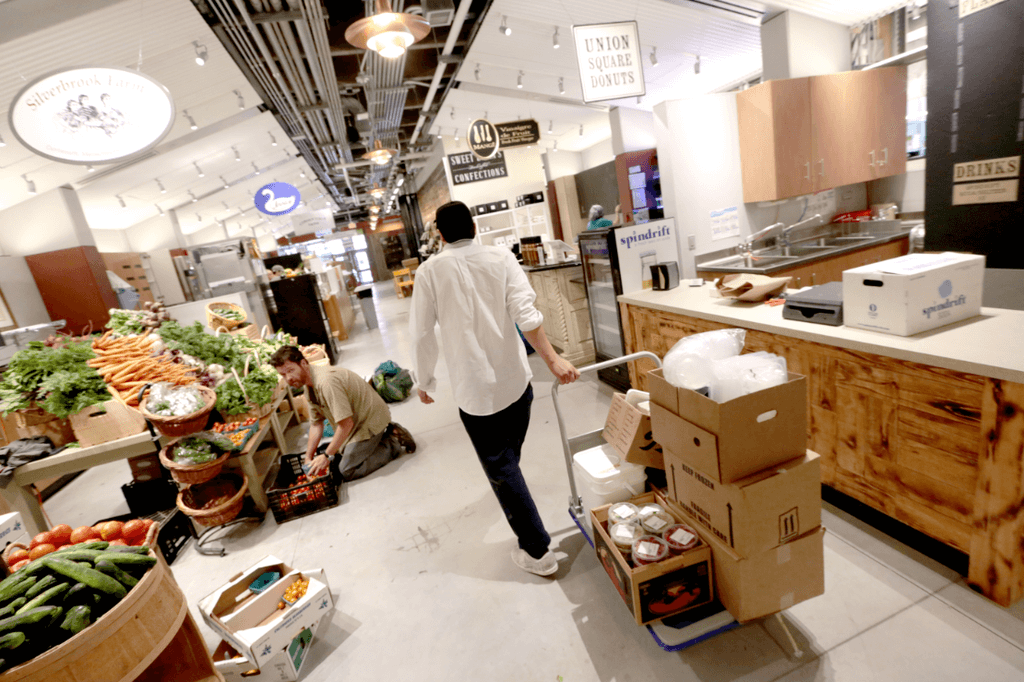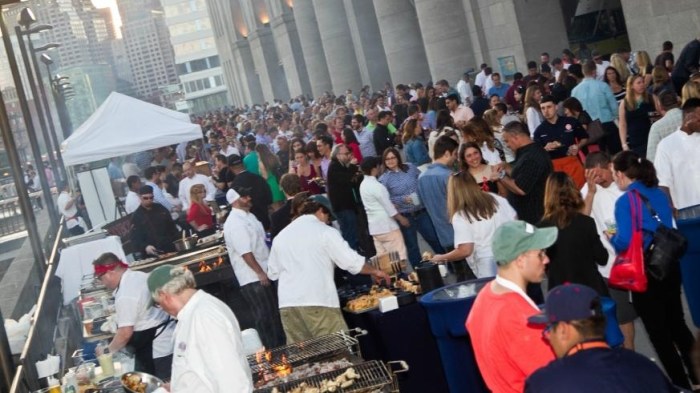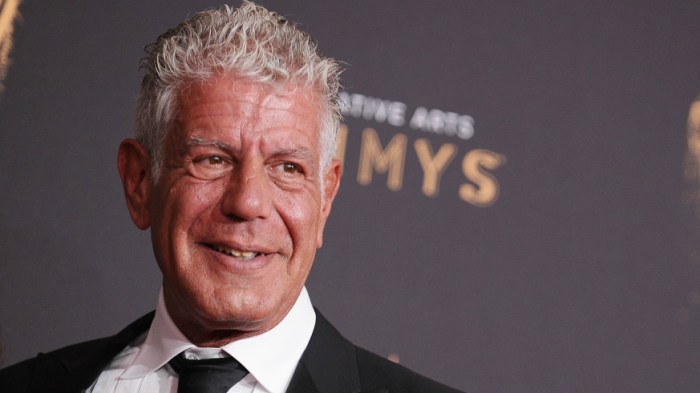For generations, Boston’s Haymarket has been the place to pick the freshest produce and to meet other food lovers from all over the area.
Since the 18th century, the area around Hanover Street has been a central meeting place for Boston’s most famous minds and mouths. From Faneuil Hall to the Haymarket, peddlers and purveyors came from all over to this neighborhood to exchange goods, services and ideas. In the Modern age, the Expressway ran through (and now under) the area, bringing goods and services to and from even further afield.
While Boston now supports more than 20 open-air farmers markets, none are open year ‘round and none offer exclusively local fare.
On July 30, the downtownfood scene will be expanded and upscaled with the opening of theBoston Public Market.
Vacant for 12 years after the Big Dig, the 28,000-square-foot space at 100 Hanover Street will now house over 35 food producers from throughout New England and will also feature specialty and prepared foods. From Lowell’s American Stonecraft to Ipswich’s Appleton Farms, Sudbury’s Boston Smoked Fish Co. to Sharon’s Crescent Ridge Ice Cream and from Newton’s Hopsters Alley and Inna’s Kitchen to Somerville’s Taza Chocolate and Union Square Donuts and JP’s Noodle Lab, the Market will present a wide array of offerings from all over the region. “The Boston Public Market is an emporium of local, fresh, delicious food and an incubator for entrepreneurial small food businesses,” explains Market CEO Liz Morningstar
In addition to all the fresh food and cooking gear, the Market’s 3,200-square foot demonstration kitchen will also host community-friendly programs for food, fun and fitness fans from all over, as presented by such progressive partners as America’s Test Kitchen, Blue Cross Blue Shield (BCBS), the Boston Children’s Museum (BCM), Project Bread, Let’s Talk About Food and Boston Ferments. Among the programs planned are weekly classes on cooking basics, budget cooking and healthy living, as well as presentations on the cultural and environmental impacts of what we eat.
“If you engage people and educate them about food topics broadly they become change agents,” observes Let’s Talk Founder Louisa Kasdon, suggesting that the Market should become “a pivot point for the conversations about how we interact with our food system.” “Children who participate in food preparation … are more likely to be open to trying a variety of fresh foods,” said BCM Director of Public Relations Jo-Anne Baxter. “This is an important part of developing healthy eating habits.” In addition to supporting community health and commerce, the Market will also support over 200 jobs and help solidify Boston as a favorite town for foodies, according to organizers.
“The design of the Market is … meant to put vendors and their products first,” Morningstar explains, suggesting that the Market is “all about making the connection between food and farm, and allowing the people of Boston to meet the faces behind their food.” In addition to being accessible by the Haymarket stop on the MBTA and the nearby Freedom Trail, the BPM — which is located in the same building as the RMV — will also offer on-site bike parking and two nearby Hubway stations. It will also be accessible to all those who count on the SNAP/EBT programs. “It is a community of farmers, fishermen, small business owners, producers, residents and customers who love to buy and eat local products,” Morningstar said. “We’re proud to have built a home for the local food economy in Boston.”
Boston Public Market to expand options for urban foodies

Nic Czarnecki, Metro


















